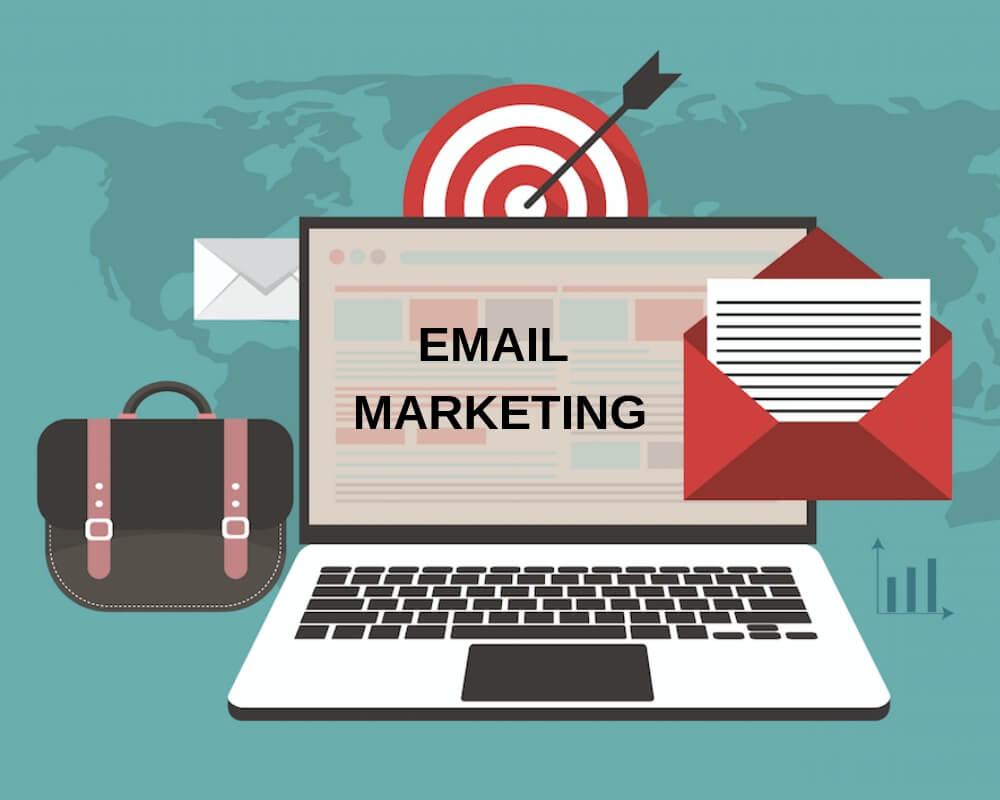
Many marketers are underestimating the power of email marketing as a long-term strategy. They may believe that it is no longer effective in today’s environment of overloaded email inboxes and sophisticated filtering, or that it is only useful for price discounting in certain circumstances.
Instead, when done correctly, email marketing can aid in the development of customer loyalty, the nurturing of leads, and the increase of direct sales. Email messages that are useful to the recipient also help to increase your brand’s awareness.
In an ideal world, you would spend time carefully crafting each email message to ensure that it had the greatest possible impact. After that, you’d go lie in a hammock on a tropical beach with a Corona in your hand and a lime in your mouth. Unfortunately, the world does not operate in an ideal manner.
Marketers can take advantage of marketing automation tools to create behavior-based automated email sequences that almost give the impression that they are writing personalized messages (though they can’t help you with the Corona on the beach, of course).
What are the benefits of using email marketing software?
Marketing automation software enables you to segment and manage large email lists in an efficient and effective manner. In the event that you are not currently utilizing a marketing automation system, what will compel you to consider investing in email marketing automation tools?
When it comes to staying in touch with sales prospects and customers, email marketing software is a cost-effective option to consider. Using it to promote specific products or services, announce new launches, or showcase valuable content can be extremely beneficial.
Here are five specific advantages of using email marketing tools that you should know about.
1. Email Automation
Although the initial set-up is time-consuming, once your lists have been segmented and your messages have been created, the sending process is completely automated.
Normally, you would create a sequence of email messages with conditional branching as part of your workflow. All of the recipients on list “A” (for example, all of the email addresses you collected at a recent trade show) will receive message “A,” as a result.
However, it is what happens after that is the true magic of automation. The recipients of message “A1” will receive it a few days (or whatever time period you specify) later if they do not open the message or take any action. The message “A2” will be delivered to those who do click on your call to action (CTA) or respond to your offer, on the contrary. And so forth.
2. Market reach
Email marketing software enables you to reach a targeted market at a lower cost than traditional marketing channels such as banner ads, print, television, or radio advertising.
It is possible to rent or purchase lists; however, if you have built your list of recipients using opt-ins or if you follow a permission marketing strategy, the audience targeting is even more effective. The majority of marketers begin with a purchased list in order to gain initial subscribers; however, if you build your list around loyal customers and organic website traffic, you’ll see better results over time (higher ROI).
3. Better metrics
Through metrics such as open rate, click-through-rate (CTR), forwarded messages, and engagement level, email marketing software can provide in-depth analytics.
By using a detailed feedback report, you can accurately calculate the cost-benefit ratio of each campaign, account for the budget allocated to each campaign, and test and improve all aspects of your campaigns on a continuous basis.
4. Increased customer loyalty
Email marketing software makes it simple to segment your customer list—based on which product(s) they own, where they live, what industry they work in, and other factors—so that you can not only stay in touch with them, but also send them relevant information on a consistent basis as well.
Providing interesting content in conjunction with a “special” deal every now and then encourages repeat purchases, engagement, and customer loyalty, among other things.
Email is a direct line of communication with customers that allows you to cultivate their loyalty, interest, and continued business. If the content is compelling enough, they may choose to forward your messages to their friends, family, and colleagues, thereby expanding your market reach and increasing your revenue.
5. Continuous improvement
Because campaigns run through email marketing software are completely measurable, you can compare the results of different campaigns in a short period of time. A/B testing can be used for any campaign element, including the subject line, the send day and time, the call to action, and so on.